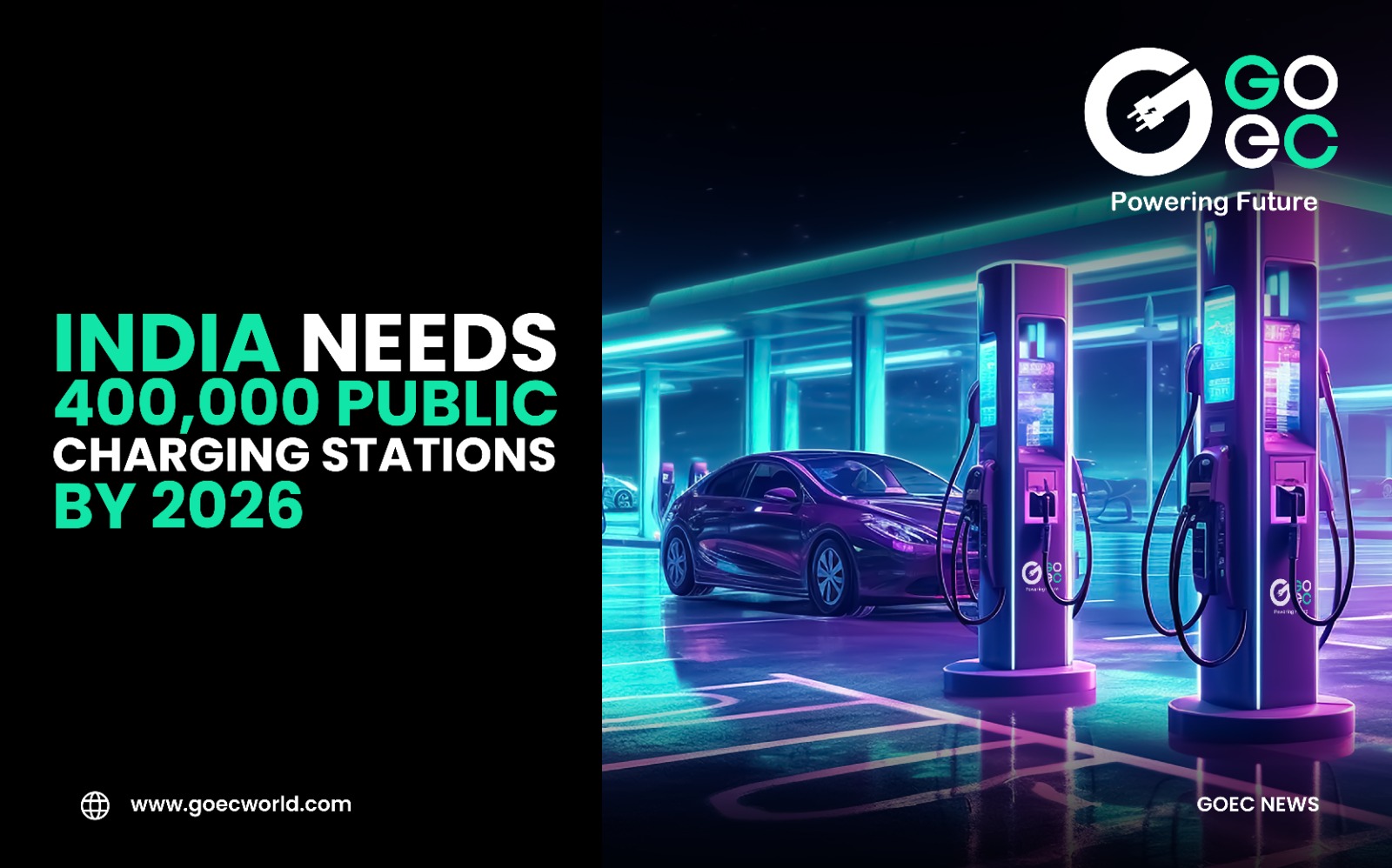India’s Electric Vehicle (EV) sector is rapidly advancing, fueled by heightened environmental awareness and supportive government policies. The surge in EV sales necessitates a robust charging infrastructure aligning with India’s commitment to environmental sustainability. To achieve its ambitious target of 30% private cars, 70% commercial vehicles, and 80% two and three-wheelers going electric by 2030, the government emphasizes investing in clean, smart charging solutions powered by renewables such as solar and wind energy.
Reducing dependence on imported fossil fuels is a strategic move, considering India’s current reliance on over 80% of imported fossil fuels. EV adoption not only curtails oil import expenses but also minimizes vehicular emissions, combating urban air pollution. Transitioning to EVs is crucial to achieving climate action goals, as the transportation sector contributes about 10% to the country’s greenhouse gas emissions.
Beyond environmental benefits, widespread EV adoption promises long-term economic advantages, including consumer cost savings, job creation, and the potential for India to become a global EV production hub. With over 400,000 public charging stations needed by 2026, the opportunity to integrate green energy is substantial. Solar-based charging stations are emerging along highways, in cities, and at solar parks. Collaborations between EV manufacturers and state utilities, along with government schemes like FAME, offer subsidies to encourage charging station installations.
Despite the remarkable 168% growth in EV sales in 2021-22, sustaining momentum requires building green and sustainable charging infrastructure across cities. The government’s initiatives, financial incentives, and preferential tariffs for renewable energy-based charging stations aim to address this need. Challenges like high upfront costs, technological barriers, and interoperability issues exist, but ongoing efforts in innovative business models, digital payments, battery swapping, and cheaper batteries are poised to make green charging infrastructure more viable.
India is making significant strides in the EV sector, but the key to a sustainable mobility ecosystem lies in rapidly scaling up green charging infrastructure supported by renewable energy. Technological advancements, collaborations, and innovative financing models, combined with strong government commitment, position India to lead in developing future-ready and environmentally conscious EV infrastructure.
